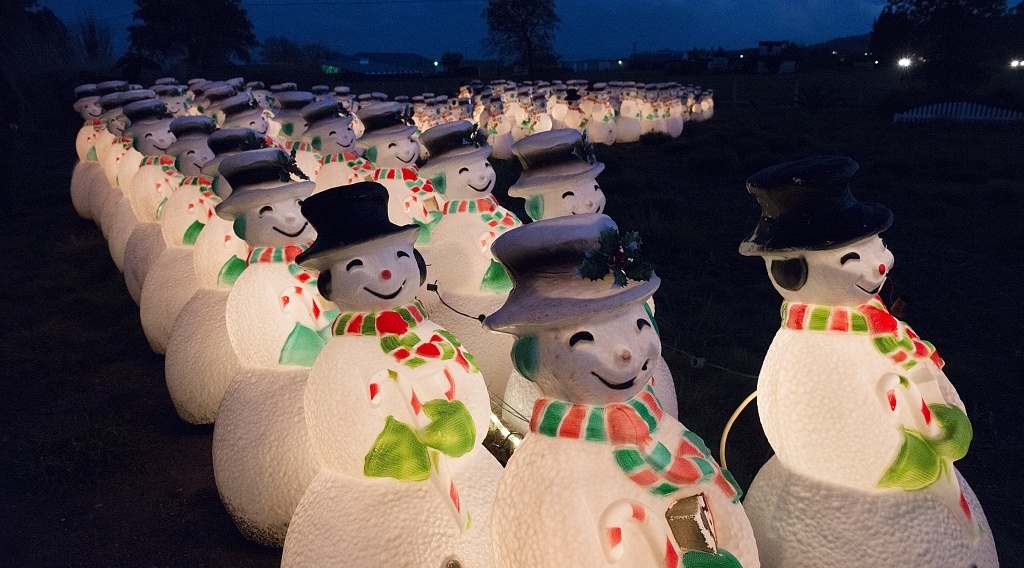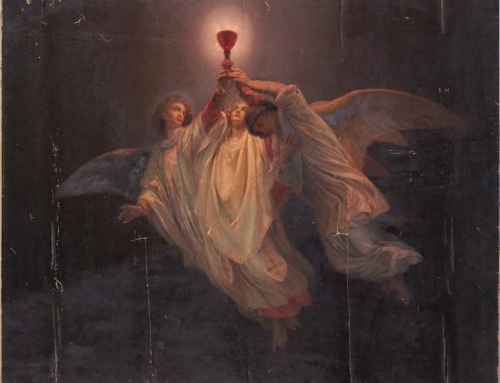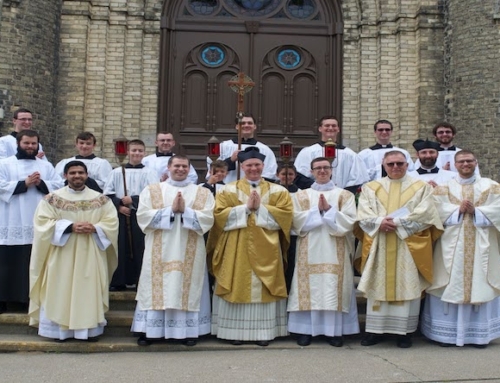When I was a child, I wanted nothing more than for it to be Christmas everyday. Had this been the case, I would find my fulfillment in opening a brand new Nintendo Wii for weeks on end. ABC Family’s 25 Days of Christmas would round up to a nice 365 days. Don’t even get me started on eggnog. And lest we forget, there would be no school.
Of course, looking at this concept now, I think I would get sick from sugar and Burl Ives. Still, for many, it is sad to see the Christmas season come to a close. The last few uneaten candy canes are scattered about the house, Santa is deflated in the front yard, and human beings rather than polar bears once again consume Coca-Cola.
These passing things only signify the secular celebration of Christmas, the creed of which proclaims the season to end roughly on December 26th. For the Church however, the season goes on quite a bit longer than the department stores would let us think. In the liturgical calendar, the Christmas season has only just ended with the Feast of the Baptism of the Lord on Sunday. We now return to our regularly scheduled programming of Ordinary Time that, as the name suggests, is less painted by the mystery of the Incarnation and more by the earthly ministry of Jesus, his miracles and parables.
But, we must not separate Ordinary Time from the joyful celebration of Christmas. Christmas is not just the biggest birthday party of the year, but rather it is when we magnify our belief that God, “by the Holy Spirit, was incarnate of the Virgin Mary, and became man.” In Ordinary Time, we see those 33 years he remained man on earth, healing, teaching, and saving. These all stem from the Incarnation itself.
Saint Thomas Aquinas writes, “inasmuch as He wished to draw nigh to us by taking flesh, He greatly drew us to know Him” (ST III, q. 1, a. 2). God makes himself known to man in the Incarnation. Yet Christ’s birth was not the end of God’s self-revelation. Man came to know God more and more in and through the earthly ministry of Christ, culminating in the Paschal Mystery. As Christ, fully God and fully man, now reigns from heaven, he continues to make himself known in the sacraments.
The entrance antiphon for the Christmas Vigil tells us: “Today you will know that the Lord will come, and he will save us, and in the morning you will see his glory” (Exod 16:6–7). The glory of the Incarnate Lord is not seen just on December 25th, but everyday. The Eucharist, by which the Incarnate Lord is made present to us at Mass, communicates his glory every time the Sacrifice of the Mass is celebrated, which we witness every week or even every day. We can know today that the Lord will come and know that we will see his glory again the next day, and the next day, and the next day. Thus, we may rejoice: Christmas is every day.
✠
Photo by Carol M. Highsmith on Picryl







